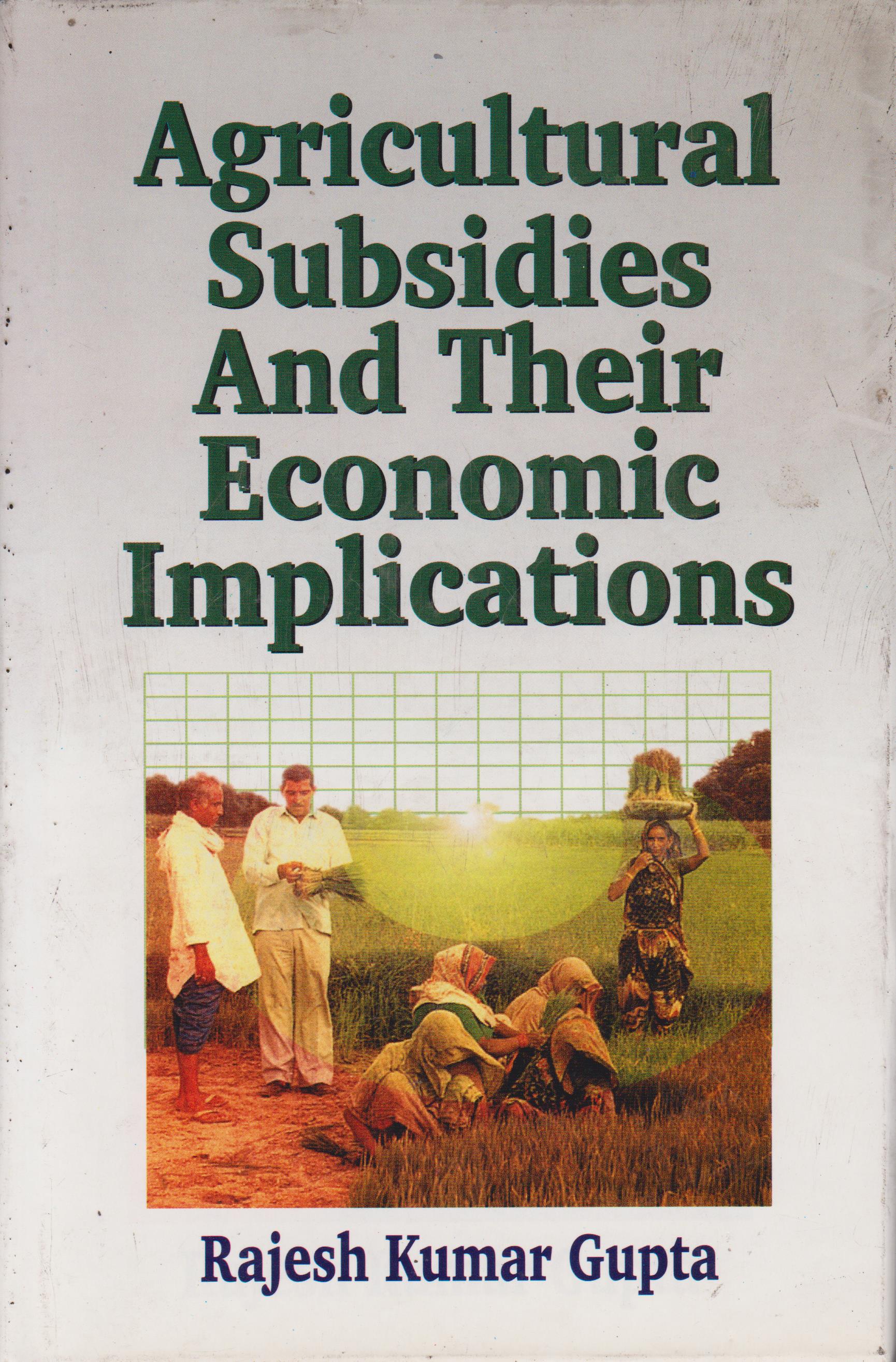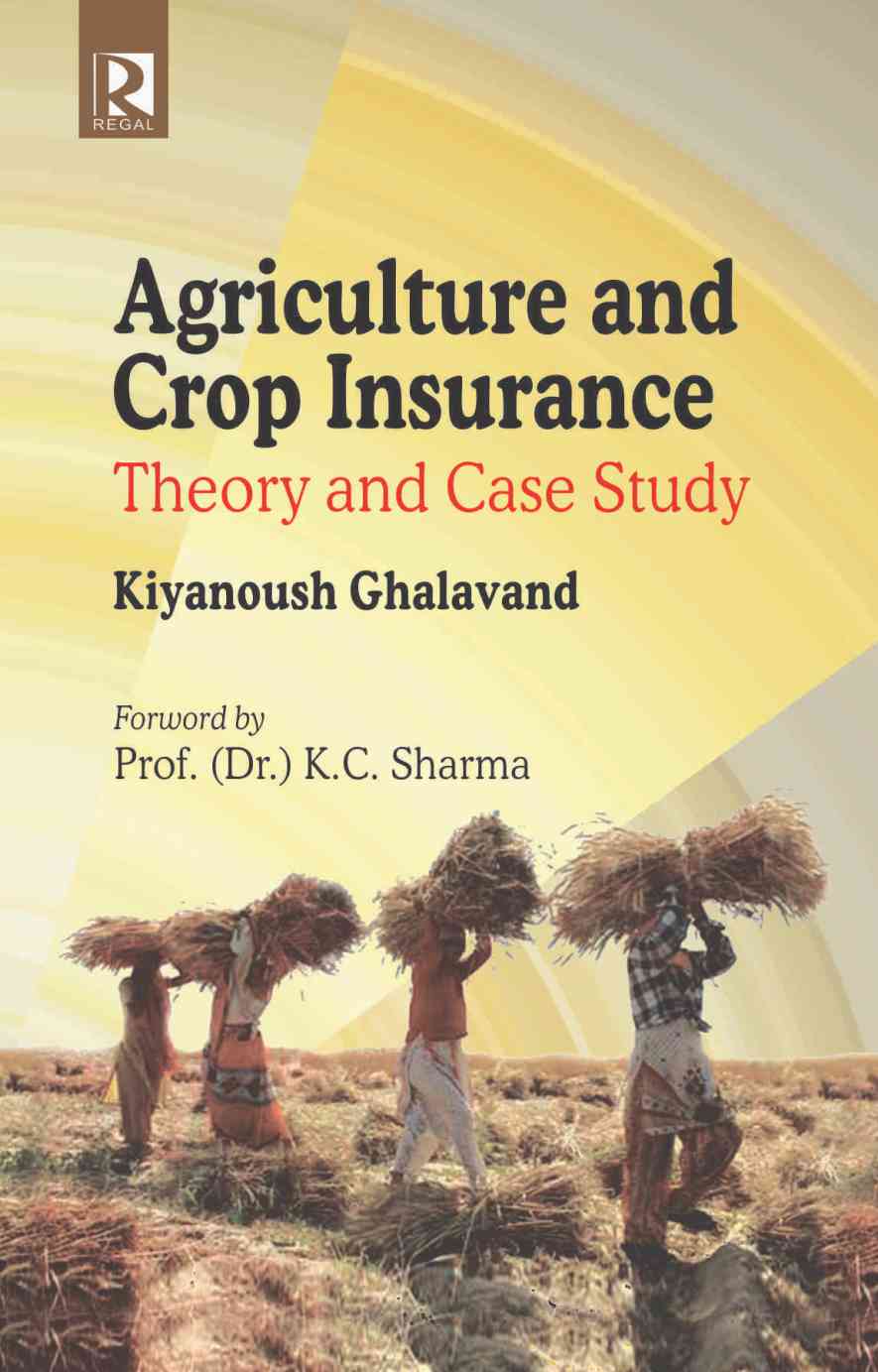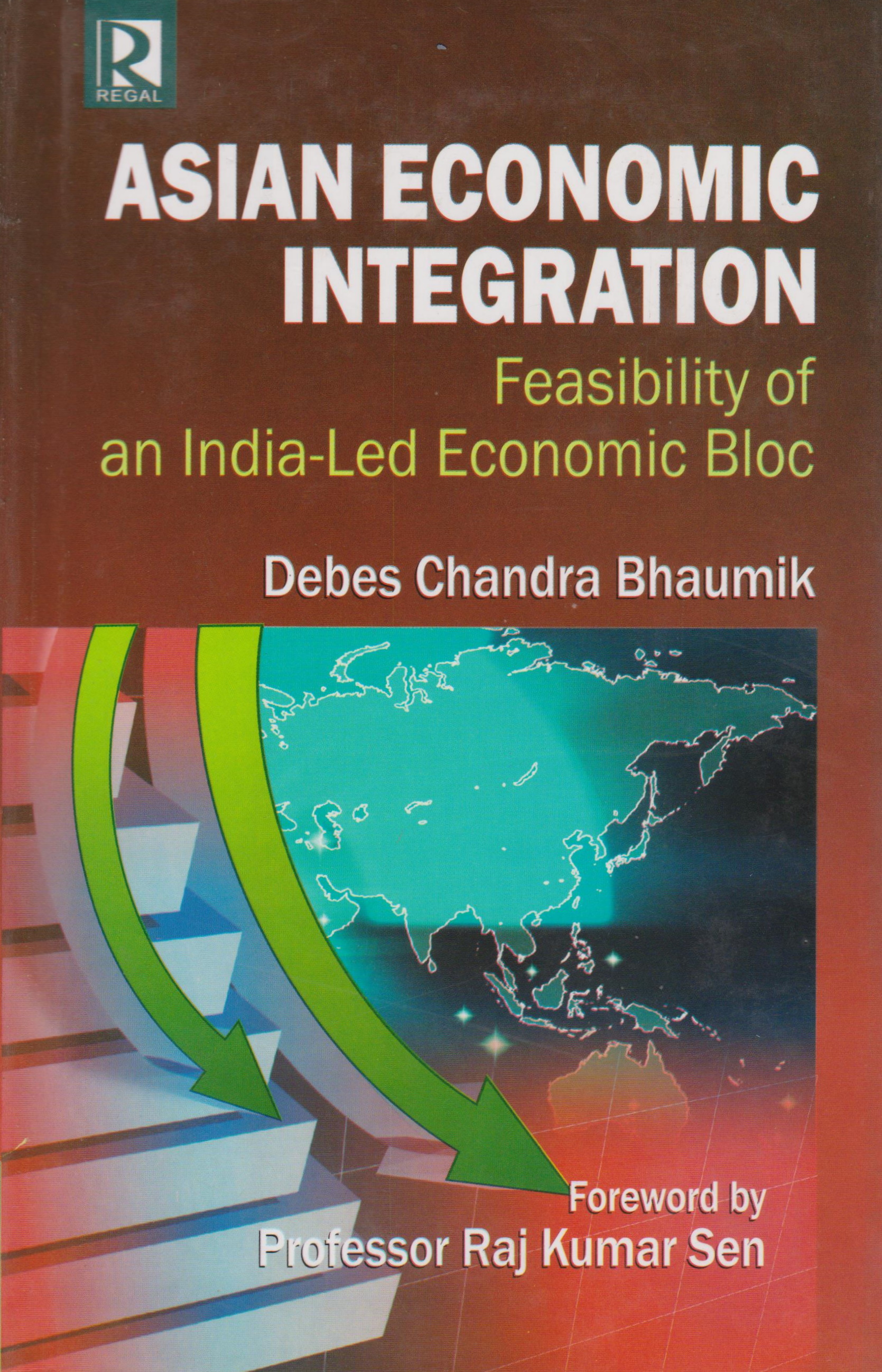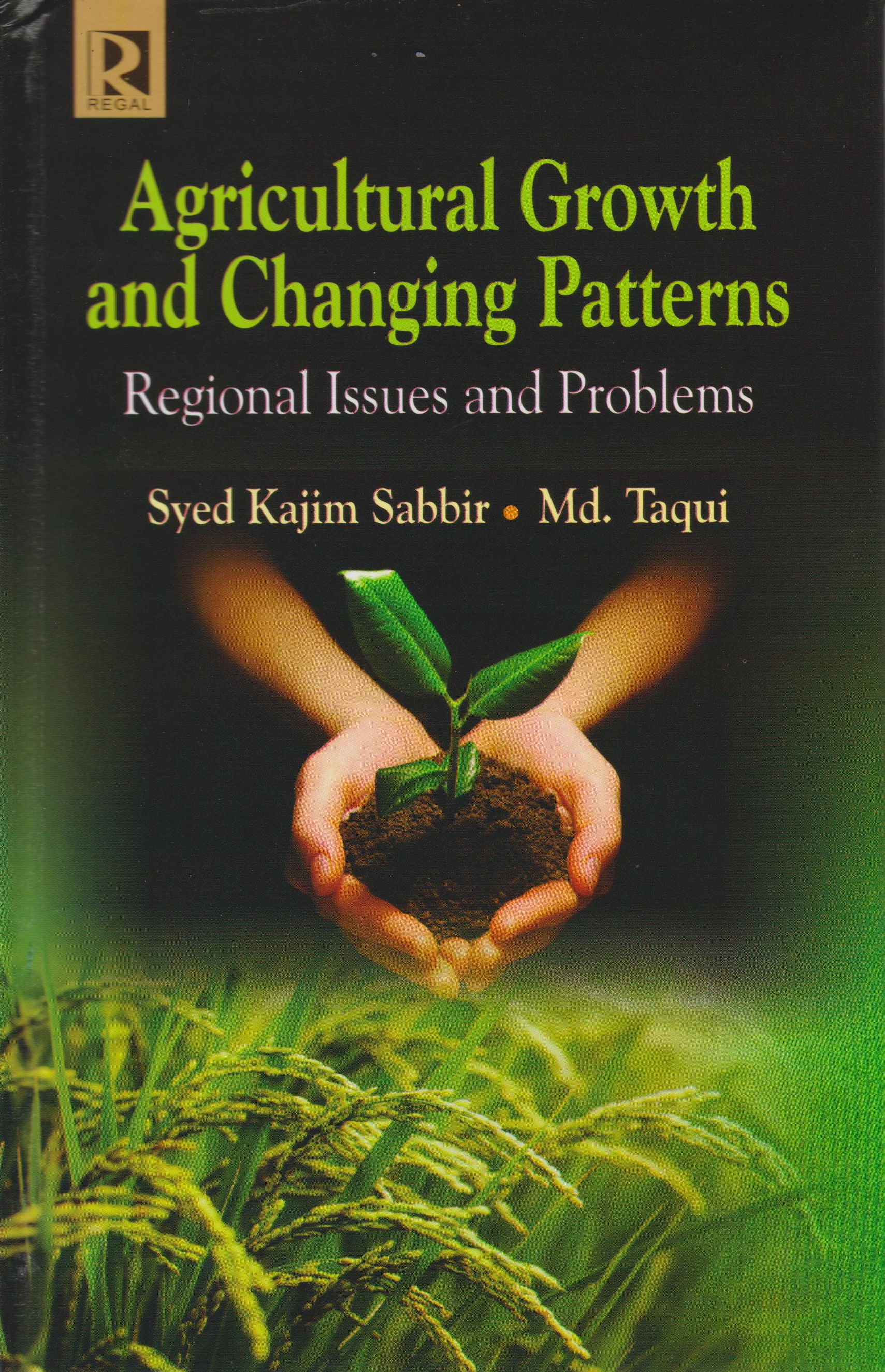Description
“Agricultural Subsidies and their Economic Implications” by Rajesh Kumar Gupta is an insightful and comprehensive examination of the complex world of agricultural subsidies and their impact on economies. In this thought-provoking book, Gupta explores the various types of subsidies provided to the agricultural sector, delving into their origins, economic implications, and consequences on both developed and developing nations. With a meticulous analysis of the global agricultural landscape, Gupta presents a balanced view of the benefits and challenges associated with these subsidies. This review will provide an in-depth exploration of the book’s content, analyzing its strengths, weaknesses, and overall significance.
In “Agricultural Subsidies and their Economic Implications,” Gupta begins by offering a detailed overview of agricultural subsidies, their history, and the diverse forms they take across different countries. He explains the motives behind their implementation and highlights the role they play in ensuring food security, promoting rural development, and stabilizing farm incomes. Gupta then proceeds to analyze the economic implications of these subsidies, examining their impact on market distortions, international trade, and income distribution. He explores the consequences of subsidies on both domestic and global agricultural markets, discussing how they can lead to overproduction, environmental degradation, and dependency on imports. Gupta concludes the book by outlining potential policy alternatives to traditional subsidies, advocating for more targeted and sustainable approaches to support agricultural development.
Gupta’s analysis of agricultural subsidies is commendable, providing a comprehensive understanding of their economic implications. He presents a balanced view of their pros and cons, making the reader critically evaluate their long-term effects. The author supports his arguments with robust empirical evidence, incorporating case studies from diverse countries to illustrate the complexities associated with subsidies. Gupta’s evaluation of the impact of subsidies on market distortions and income distribution is particularly insightful, shedding light on the unintended consequences they can have on different stakeholders. However, the book could benefit from further exploration of the cultural and social implications of agricultural subsidies, which would provide a more holistic perspective on their economic effects.
When compared to other books on agricultural subsidies, Gupta’s work stands out for its comprehensive approach. Unlike some publications that focus solely on the negative consequences of subsidies, Gupta provides a nuanced examination of their economic implications. His analysis goes beyond surface-level critiques, delving into the underlying factors that drive the implementation of subsidies and offering alternative policy recommendations. While other books may offer more specific case studies or delve deeper into the technical aspects of agricultural economics, Gupta’s work excels in presenting a holistic understanding of the subject matter.
Gupta’s book offers several key interpretations and themes related to agricultural subsidies. One prevalent theme is the notion that subsidies, while intended to support farmers, can often lead to unintended consequences and market distortions. The book emphasizes the need for targeted and sustainable approaches to agricultural development, highlighting the importance of considering long-term economic, social, and environmental implications. Gupta also explores the theme of global interdependence, illustrating how subsidies in one country can impact agricultural markets and economies worldwide. Another important interpretation is the recognition of the need for policymakers to balance the short-term benefits of subsidies with their long-term costs and potential negative effects.
As a non-fiction book, “Agricultural Subsidies and their Economic Implications” does not revolve around characters in the traditional sense. However, the author skillfully introduces real-life case studies and policy examples from various countries, effectively portraying the diverse stakeholders involved in agricultural subsidy systems. Gupta’s characterization of farmers, policymakers, and international organizations adds depth to the book, providing readers with a tangible understanding of the challenges faced by different actors in the agricultural sector.
About the Author:
Rajesh Kumar Gupta, the author of “Agricultural Subsidies and their Economic Implications,” is a renowned economist and agricultural policy expert. With extensive experience in the field, Gupta has dedicated his career to researching and analyzing the economic aspects of agriculture and rural development. He holds a PhD in Agricultural Economics from a prestigious university and has published numerous scholarly articles and books on the subject. Gupta’s expertise and insights into agricultural economics shine through in this book, demonstrating his passion for addressing the complex challenges facing the agricultural sector.
Gupta’s writing style in “Agricultural Subsidies and their Economic Implications” is clear, concise, and accessible to both experts and non-experts alike. He effectively combines academic rigour with real-world examples, ensuring that the book remains engaging throughout. Gupta’s ability to translate complex economic concepts into easily understandable language is commendable, making the book highly readable for a broad audience. The use of graphs, tables, and case studies further enhances the clarity of the text, aiding readers in grasping the intricate economic dynamics associated with agricultural subsidies.
What People Say About This Book:
“Agricultural Subsidies and their Economic Implications” has garnered widespread acclaim from economists, policymakers, and scholars in the agricultural sector. Many praise Gupta’s comprehensive analysis and his ability to shed light on the multifaceted issues surrounding agricultural subsidies. Readers appreciate the book’s balanced approach and its potential to shape policy discussions on agricultural development. Some critics, however, argue that the book could delve further into the social and cultural implications of subsidies, calling for a more interdisciplinary approach.
- Comprehensive analysis of agricultural subsidies and their economic implications.
- Balanced view, weighing both the benefits and challenges associated with subsidies.
- Robust empirical evidence and real-life case studies enhance the book’s credibility.
- Clear and accessible writing style, making complex concepts understandable.
- Provides alternative policy recommendations for sustainable agricultural development.







Reviews
There are no reviews yet.